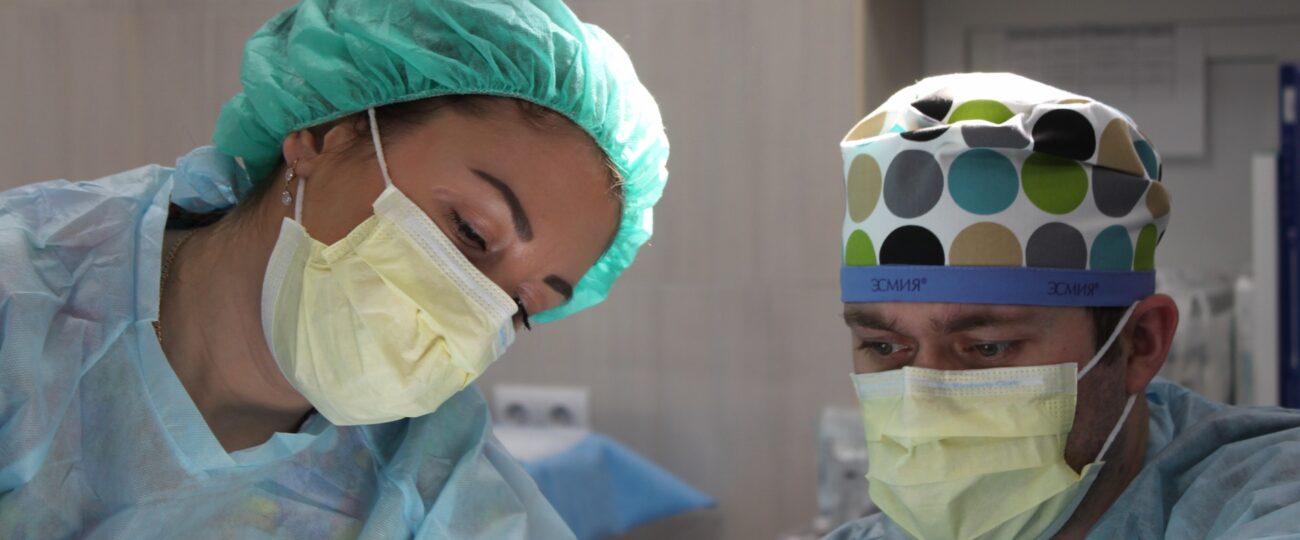We will explore the causes, risk factors, typical types, and cancer treatment choices in this blog as we delve into the realm of cancer. Millions of individuals around the world are impacted by the complex and multifaceted disease of cancer. It is a word used to describe a collection of illnesses marked by the body’s aberrant cells growing and spreading out of control. Any region of the body might develop cancer, which can significantly affect a person’s health and quality of life.
What is cancer?
A collection of illnesses known together as cancer are characterized by the body’s aberrant cells growing and spreading out of control. As part of the regular process of tissue growth and repair, the cells in our bodies normally grow, divide, and die in an orderly manner. Cancer, however, is an example of where this mechanism fails.
When a cell’s DNA undergoes genetic changes, it becomes aberrant and disturbs the regular cell cycle. This is how cancer develops. These mutations can be acquired during a person’s lifespan owing to many reasons, including exposure to carcinogens (substances that might cause cancer), specific illnesses, or mistakes that take place during DNA replication. These mutations can also be inherited from parents.
Common Types of Cancer:
Breast Cancer:
The most common malignancy among women worldwide is breast cancer. It happens when aberrant cells in the breast tissue multiply and grow out of control. A family history of breast cancer, specific gene variants (such the BRCA1 and BRCA2 mutations), hormonal variables, and lifestyle decisions are risk factors. Successful therapy depends on early detection through self-examination and mammography. Surgery, radiation therapy, chemotherapy, targeted therapy, and hormone therapy are all available as cancer treatment options.
Lung Cancer:
Smoking is mostly to blame for lung cancer, which is the most common cancer-related death worldwide. It appears when tumors are produced by the fast multiplication of aberrant cells in the lungs. Chest pain, breathlessness, a persistent cough, and weight loss are some symptoms.
Small cell lung cancer (SCLC) and non-small cell lung cancer (NSCLC) are the two primary subtypes. Surgery, radiation therapy, chemotherapy, targeted therapy, and immunotherapy are all available as cancer treatment options.
prostate cancer
One of the most prevalent types of cancer in men is prostate cancer, which affects the prostate gland. Age, family history, race (particularly prevalent in African American men), and specific genetic variants are risk factors. Prostate cancer in its early stages may not show any signs, but when it worsens, it may cause symptoms like frequent urination, blood in the urine, and erectile dysfunction. Active monitoring, surgery, radiation therapy, hormone therapy, and chemotherapy are available as cancer treatments.
Colorectal Cancer:
Cancer that appears in the colon or rectum is referred to as colorectal cancer. It typically starts as a polyp, a little growth on the rectum’s or colon’s inner lining. Age, family history, inflammatory bowel illness, eating a diet heavy in processed meats and low in fibre, being overweight, and smoking are all risk factors. Changes in bowel habits, rectal bleeding, stomach pain, and unintentional weight loss are some symptoms. Surgery, radiation therapy, chemotherapy, targeted therapy, and immunotherapy are all available as treatment options.
Skin Cancer:
The most prevalent type of cancer in the world is skin cancer. Basal cell carcinoma (BCC), squamous cell carcinoma (SCC), and melanoma are the three primary kinds. Risk factors include having fair skin, a history of sunburns, and prolonged exposure to UV radiation from the sun or tanning beds. New moles or growths, changes in the look of pre-existing moles, or wounds that don’t heal are all warning signals. Depending on the type and stage of skin cancer, there are several treatment options available, including surgery, radiation therapy, topical drugs, and immunotherapy.

Impact of Cancer on Personal Life
A person’s life can be significantly affected by cancer, including physically, emotionally, and socially. The following are a few effects of cancer on people:
Physical Consequences:
- Symptoms: People may have a range of physical symptoms, including pain, exhaustion, weight loss, nausea, and changes in appetite, depending on the kind and stage of their cancer.
- Treatment side effects: Hair loss, exhaustion, nausea, vomiting, a weaker immune system, and changes in bowel or bladder function are just a few of the side effects that can result from cancer treatments like chemotherapy, radiation therapy, and surgery.
- Impact on organ function: Depending on the organs and systems affected by the cancer and how far along it is, respiration, digestion, mobility, and other basic processes may become difficult or impossible.
- Mental health issues: Mental health concerns like depression and anxiety can develop or become worse as a result of cancer. Mental health can suffer from coping with the emotional stress, side effects of medication, and future uncertainty.
- Body image and self-esteem: A person’s body image and self-esteem may be impacted by physical changes brought on by cancer and its treatments, such as hair loss, scars, or changes in body form.
Social and Relationship Effects: - Relationship effects: Cancer can cause tension in partnerships, friendships, and family ties. These connections’ dynamics and communication styles might change as a result, and some people might notice a change in their support systems.
- Social isolation: Cancer treatment and the possibility of infection may make it difficult for a person to interact with others, which can cause feelings of loneliness and isolation.
- Work and financial challenges: Cancer treatment may cause people to take time off work or cut back on their hours, which can put a strain on their finances. Some people could experience prejudice or difficulties at work as a result of their diagnosis.
- Future Planning Affect: fertility problems Certain cancer therapies can impair male and female fertility, which may have an impact on family planning. Effects that may last a long time:
Some cancer therapies may leave the body with long-term consequences, such as organ damage, an elevated risk of developing secondary cancers, or other health issues. The management and continued monitoring of these effects may be necessary.
Last Words:
Despite these difficulties, it’s crucial to remember that many cancer patients manage to adapt and have satisfying lives. Accessing options for emotional and practical support, as well as support from loved ones, friends, and healthcare experts, can help people manage with the impacts of cancer and enhance their general well-being.

